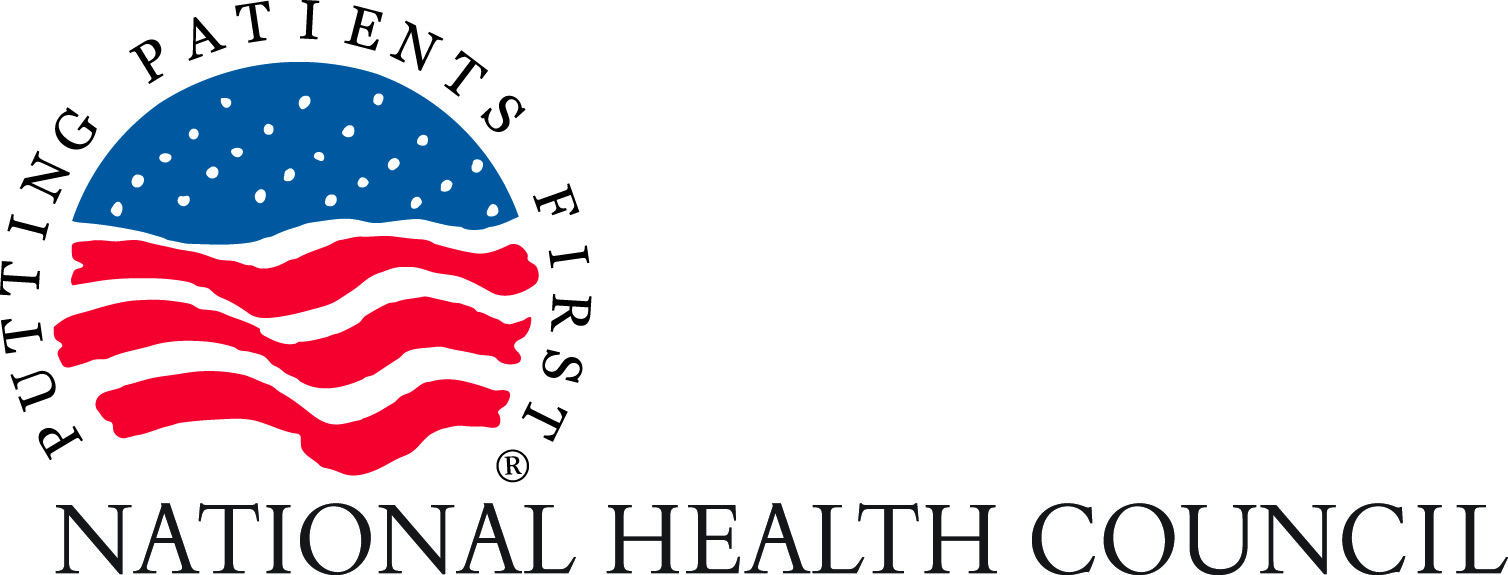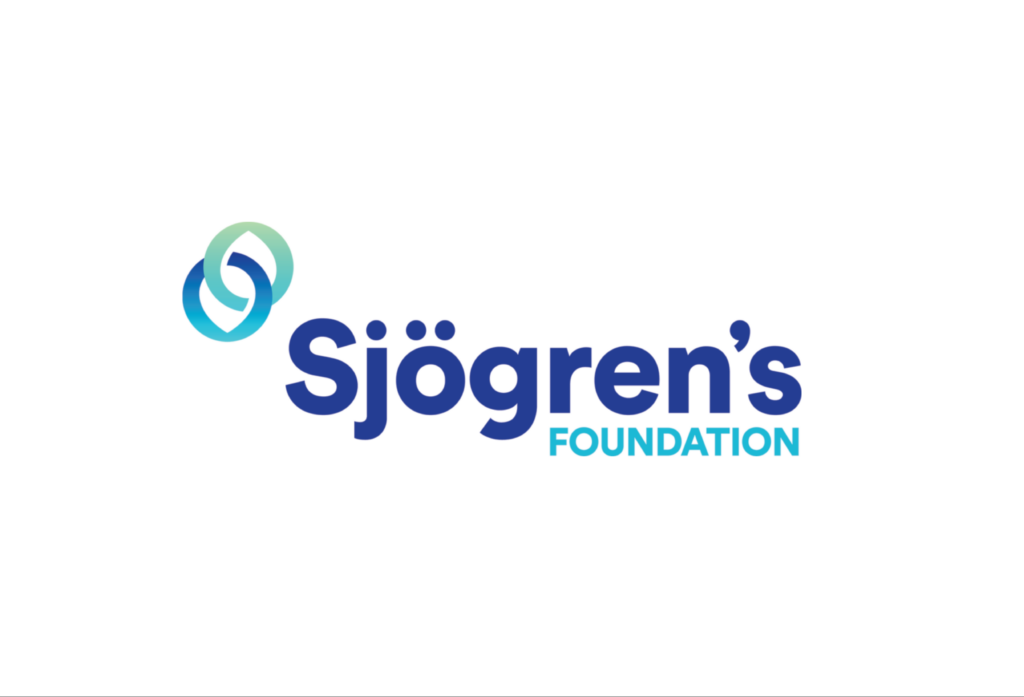

Meaningful Patient Engagement Will Be Key to Successful Drug Price Negotiation
By: Randall Rutta, CEO, National Health Council
On Tuesday, August 29, the Biden Administration announced the first 10 drugs that it will negotiate through the Drug Pricing Negotiation Program (DPNP). This action sets in motion a complex, multi-year, first-of-its-kind process overseen by the Centers for Medicare and Medicaid Services (CMS) aimed at reducing Medicare drug costs. The integrity of this process and resulting decisions are enormously important to patients in terms of affordability and ongoing access to medicines that enable their health and well-being. Optimal outcomes in these negotiations require a process that is fully inclusive of diverse patient perspectives and data as decisions are made, and is clearly established, transparent, and evaluated.
The National Health Council (NHC) is a dedicated advocate for greater access, equity, and affordability for people with chronic diseases and disabilities. Our mission is advanced through the belief that health care research, systems, and providers that put the needs of patients first results in improved quality of life and a more efficient, cost-effective national health care system.
The NHC has consistently encouraged and advised CMS on ways to engage patients in the negotiation process. As CMS forges ahead to implement and conduct this novel approach to achieve the goal of reducing the costs of medicines, it is crucial that substantive emphasis is placed on assuring increased access to treatment while avoiding unintended consequences that may undermine patient health and interests. As such, the NHC urges CMS to actively collaborate with and engage patients and patient organizations to develop a thoughtful, patient-centered approach based on several core principles:
Meaningful Patient Engagement Should Drive the Process: CMS is encouraged to expand opportunities for patient engagement throughout the negotiation process to assure better, patient-informed deliberations and outcomes. From our work with multiple public agencies in recent years we know that meaningful patient engagement improves decision-making and results. The DPNP is no exception. Reducing the process to budgetary impacts while ignoring the real-life, lived experiences of real patients could diminish the results. Time is short, but during each step of the negotiation process, we urge CMS to seek out patient voices and to give proper weight to their perspectives.
We are pleased to see the inclusion of listening sessions and other opportunities for input into the process but would encourage CMS to expand them to include more participants, leading to diversity and representativeness. Through these listening sessions, public comment, one-on-one and group meetings, and the use of NHC patient engagement tools, CMS can and must truly learn about the experience of people with chronic conditions and the treatments they depend on to thrive.
Transparency and Accountability are Essential to Trust: This negotiation process is brand new and untested, complex, and multi-year in scope – affecting a wide array of stakeholders with disparate perspectives and goals. As sunshine is the best cure for skepticism, CMS must be fully transparent throughout. The NHC strongly encourages CMS to make all information available to the public with the goal of earning the trust and respect of all stakeholders at appropriate points during and at the end of the process. Specifically, the NHC asks CMS to be accountable and release information that details the public input into negotiation and how it was interpreted and incorporated in final decisions. Patients and the patient community deserve timely, understandable, and actionable information.
Unintended Consequences Must Be Tracked, Reported, and Addressed: The NHC recognizes the enormity of this undertaking by CMS, and urges the agency to arrive at its objective thoughtfully, with a full investigation of possible unintended consequences that may disrupt patient care or erode individual health outcomes. For example, the agency opted not to institute specific coverage requirements for negotiated drugs and instead will rely on existing formulary review. CMS must monitor, make public, and address formulary design and other effects of negotiation to assure improved patient access and affordability of prescribed medicines.
At the end of the day, this process is about people. How do we make life better for people with chronic diseases and disabilities? We must collectively contribute to a negotiation process that truly listens to and values patients – in all their diversity – that is fully transparent, that avoids unnecessary, potentially harmful consequences, and that ultimately leads to greater access and to and affordability of medicines. This is our shared goal and charge.
Putting patients first, up front and center, in this emerging process is the right thing to do. The NHC will continue to work diligently to ensure that the DPNP is effective in building a better health care system for all.
For more information, see the NHC’s comments, tools, and resources on achieving meaningful patient engagement:
- Comments on the DPNP Draft Guidance
- Patient Engagement Tools and Resources
- Value Assessment Education, Tools, and Resources



